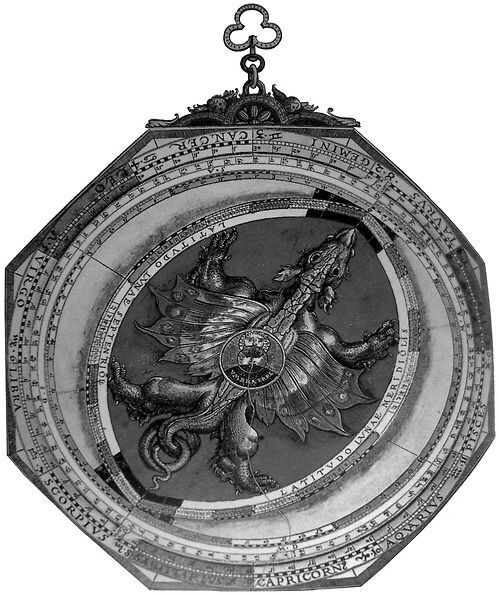
- Internet: Medium For Communication, Medium For Narrative Control
- Introduction
NB: This series can also be found in PDF booklet format.
To no one’s surprise, the internet has permeated all aspects of our
lives. All other means of communication have dwindled in comparison,
even though the technological behemoth is relatively young (around 50
years old as of 2021).
Worldwide, according to statistics from 2019, people spent an average
of 2 and a half hours a day on social media. The top place goes to The
Philippines with 3h53min per day.
This raises an iceberg of loaded questions.
At the top: How controlling is the internet today?
Or, asking in reverse: How does internet, as a new vector of
communication, let different actors control us? How is the internet
changing the way communication works and, indirectly, how we think?
These are broad questions and there are plenty of sub-questions
underneath. Indeed, we keep hearing in the news about social media,
extremism on the rise, and a salad of convoluted keywords thrown in
articles trying to rationalize all this.
Is there really an information war?
What are the elements of it?
Who are the actors?
What’s the relation with social media?
Is it related to all the conspiracy theories we keep hearing about?
Is journalism dying?
What is the attention and data economy?
Are we all part of a giant hypnosis experiment?
More importantly, can we, and should we, do something about this?
Like many of you, I’ve asked myself these questions countless times, got
buried in a mountain of headlines and news articles selling shock-value
pseudo-deciphering. I temporarily felt clear-headed but quickly got back
to a muddy state of comprehension.
Thus, I’ve set myself to consume all the literature I could find, peel
it, parse it, organize it, categorize it, hone it, filter it, etc.. So
that I could, at least partly, remove the haze surrounding the topic.
This series of articles is going to be my attempt at answering how the internet changes communication regarding narrative control. My own mini internet studies.
Here is the plan of our exploration.
Table Of Content
- Introduction
- Part 1: The Artifacts And Spaces
In this part we'll describe the important artifacts and places. Going over these essential, but basic, pieces is mandatory to understand how they come into play as tools. - Part 2: The Actors and Incentives
In this part we'll go over how the previous elements are put into work by the different actors, who these actors are, what are their incentives, and the new dynamics. - Part 3: Biases & Self
In this part we'll try to understand why we are prone to manipulation, why they work so effectively or not on us, and who is subject to them. - Part 4: The Big Picture
In this part we'll put forward the reasons why we should care about what is happening in the online sphere. Why it's important to pay attention to it and the effects it could have at the scale of societies, and individuals. This part will attempt to give the bigger picture of the situation. - Part 5: Adapting
In this concluding part we'll go over the multiple solutions that have been proposed or tried to counter the negative aspects of the internet. - Conclusion & Bibliography
Get ready because this is going to be a long ride!
This series can also be found in PDF booklet format.
Attributions:
- Peter Apian, Astronomicum Caesareum (Ingoldstadt, 1540)
If you want to have a more in depth discussion I'm always available by email or irc.
We can discuss and argue about what you like and dislike, about new ideas to consider, opinions, etc..
If you don't feel like "having a discussion" or are intimidated by emails
then you can simply say something small in the comment sections below
and/or share it with your friends.